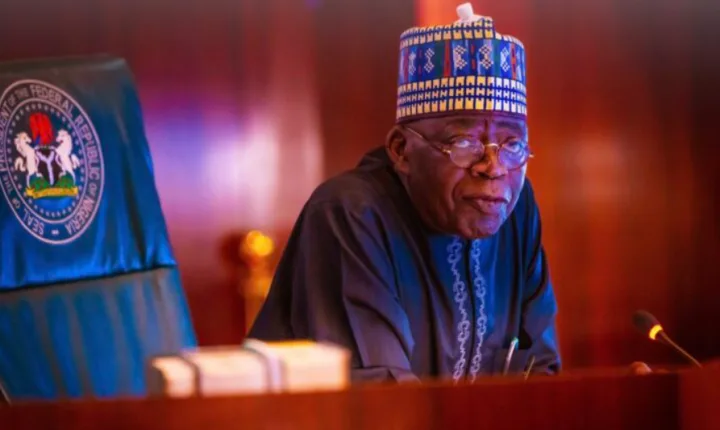Top executives of Nigerian banks are reportedly lobbying the Presidency over the allocation and management of over N1 trillion in foreign exchange gains, which have accumulated as a result of fluctuating exchange rates and the central bank’s monetary policies. The bank chiefs are seeking clarification on the distribution of the forex gains, which they argue could have a significant impact on their financial institutions and the broader economy.
The forex windfall comes as the naira’s value against major currencies such as the US dollar has fluctuated, particularly after recent policy changes aimed at addressing exchange rate disparities. These policy shifts have led to an increase in the inflow of foreign exchange, benefiting financial institutions that handle these transactions. However, there is growing concern among the banks about how the gains are being managed and whether they will be reinvested into the economy in a way that benefits both the financial sector and broader national interests.
According to sources familiar with the matter, the banks are advocating for a fairer distribution of the forex gains, with some suggesting that part of the funds should be channeled into infrastructure development or other critical sectors of the economy. They are also seeking assurances that the monetary policies in place will continue to be favorable to their operations and the overall stability of the financial system.

One of the key issues raised by the bank chiefs is the need for greater transparency in the allocation of the forex gains, with concerns that the lack of clarity could lead to inefficiencies or inequities in how the funds are used. The banks are hoping that by engaging directly with the Presidency, they can help shape the policy decisions around the forex gain distribution, ensuring that the funds are used in ways that promote economic growth and stability.
The Presidency, for its part, has acknowledged the importance of the issue and is expected to hold discussions with key stakeholders, including the Central Bank of Nigeria (CBN) and the banks, to resolve the concerns.
The N1 trillion forex gain is seen as a critical opportunity for Nigeria to bolster its financial resources, particularly in light of the country’s ongoing economic challenges. How the government and financial institutions manage these funds will likely have significant implications for Nigeria’s fiscal health and economic recovery efforts in the coming years.
Support InfoStride News' Credible Journalism: Only credible journalism can guarantee a fair, accountable and transparent society, including democracy and government. It involves a lot of efforts and money. We need your support. Click here to Donate
